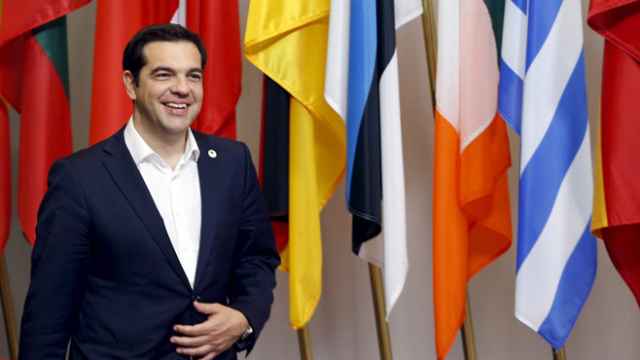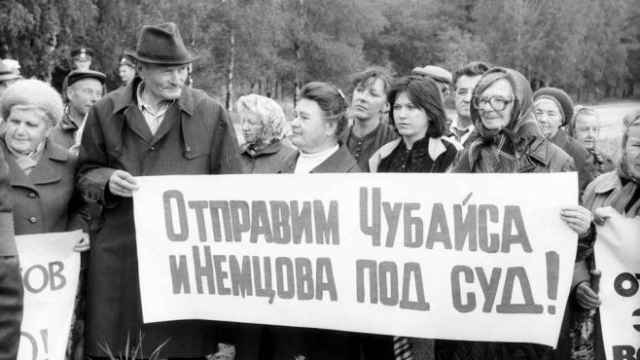I once attended a meeting at a publishing house where non-fiction authors were present. They claimed that virtually any U.S. bestseller would achieve the same status in Russia — with the exception of one type of story: the idealistic individual who beats the odds to implement a public initiative or other project for the good of others.
Of course, that was just their opinion. However, my mother is a retired molecular geneticist and after reading "Mountains Beyond Mountains" by Tracy Kidder, she managed to convince me, and then a publishing house that this book deserved to appear in Russia so that today's medical students could see what noble goals might guide their careers as doctors.
Corpus published the book, making it — as it always does — a more striking and elegant tome than the original.
However, a different but experienced publisher was certain the book would never make money in Russia because it is exactly the type that readers here don't like. Dr. Paul Farmer, the main character in the book, is the quintessential loner hero, a modern day Mother Theresa or Albert Schweitzer.
Dr. Paul Farmer is a modern knight in shining armor, and as such, understands the role that money plays in real life. It would be no problem to treat hundreds of thousands of Haitians suffering from AIDS and tuberculosis were it not for one thing: that treatment is expensive and Haiti is one of the poorest countries on earth.
Nevertheless, Farmer decided that every person has the right to have someone fighting for his life and caring for his welfare, regardless of his income. He discovered that corporations, hospitals and charities can donate drugs and money, but that the plan would never work unless he devoted every day over a period of years to seeing patients and training local specialists.
And it turned out that if he devoted his entire life to the goal — sacrificing everything that a Harvard Medical School graduate might have enjoyed in Western society — and devoted himself entirely to charity, then he could achieve success.
And he could measure that success in terms of lower death rates and a higher quality of life among the people he served.
But a Haitian proverb states: "Beyond these mountains there are more mountains," meaning that even after solving one problem, you are immediately confronted with another. This was also true for Farmer, who faced a significant number of challenges connected with both local and high-level politics.
In fact, Farmer and the charitable organization he founded, Partners in Health, have done a lot in Russia. They battled the spread of tuberculosis in Russian prisons, exactly as if they were dealing with one of the world's poorer countries.
But that is not the main point: Russia is not Cuba or Haiti. Russia, a relatively wealthy country, should have enough money to treat its poorer citizens.
And if we take a moment to look around, we might find that others beyond our borders need help. If so, and if we respond, then a story about an idealistic doctor has a chance of becoming a bestseller in Russia too.
Konstantin Sonin, a columnist for Vedomosti, is professor of economics at the University of Chicago and the Higher School of Economics in Moscow.
A Message from The Moscow Times:
Dear readers,
We are facing unprecedented challenges. Russia's Prosecutor General's Office has designated The Moscow Times as an "undesirable" organization, criminalizing our work and putting our staff at risk of prosecution. This follows our earlier unjust labeling as a "foreign agent."
These actions are direct attempts to silence independent journalism in Russia. The authorities claim our work "discredits the decisions of the Russian leadership." We see things differently: we strive to provide accurate, unbiased reporting on Russia.
We, the journalists of The Moscow Times, refuse to be silenced. But to continue our work, we need your help.
Your support, no matter how small, makes a world of difference. If you can, please support us monthly starting from just $2. It's quick to set up, and every contribution makes a significant impact.
By supporting The Moscow Times, you're defending open, independent journalism in the face of repression. Thank you for standing with us.
Remind me later.






